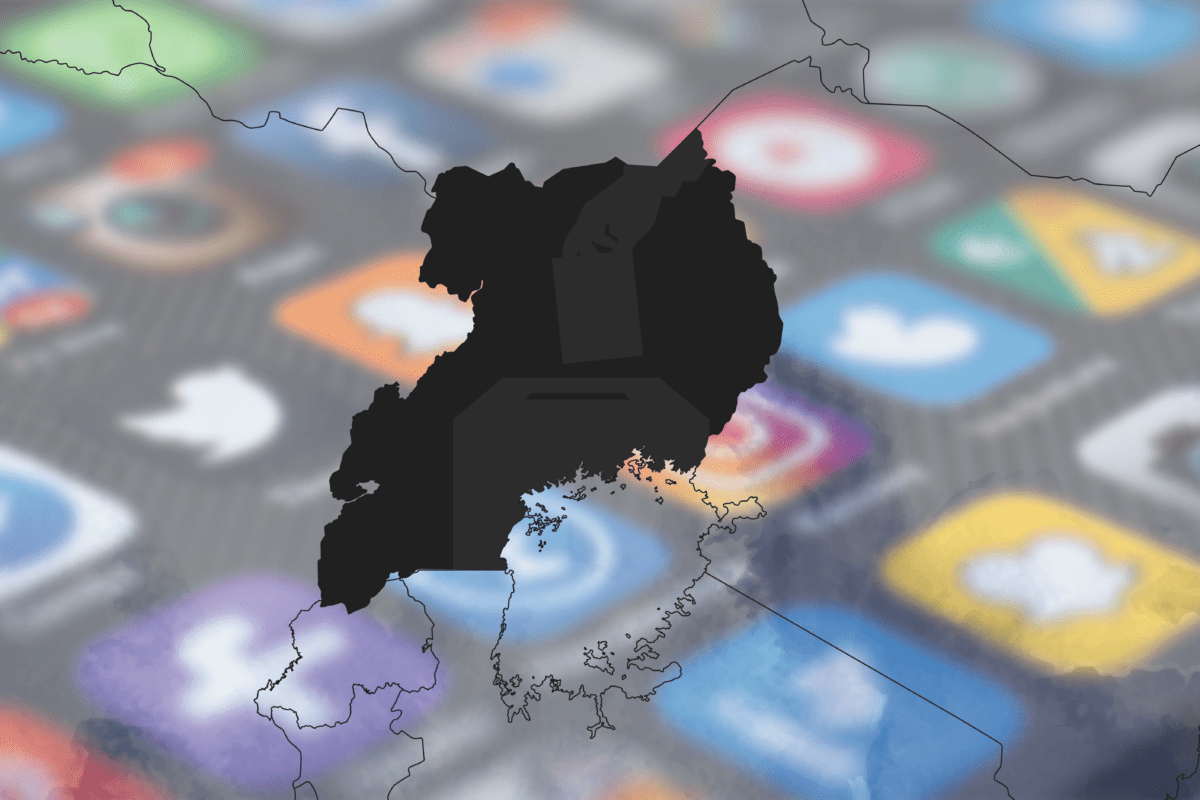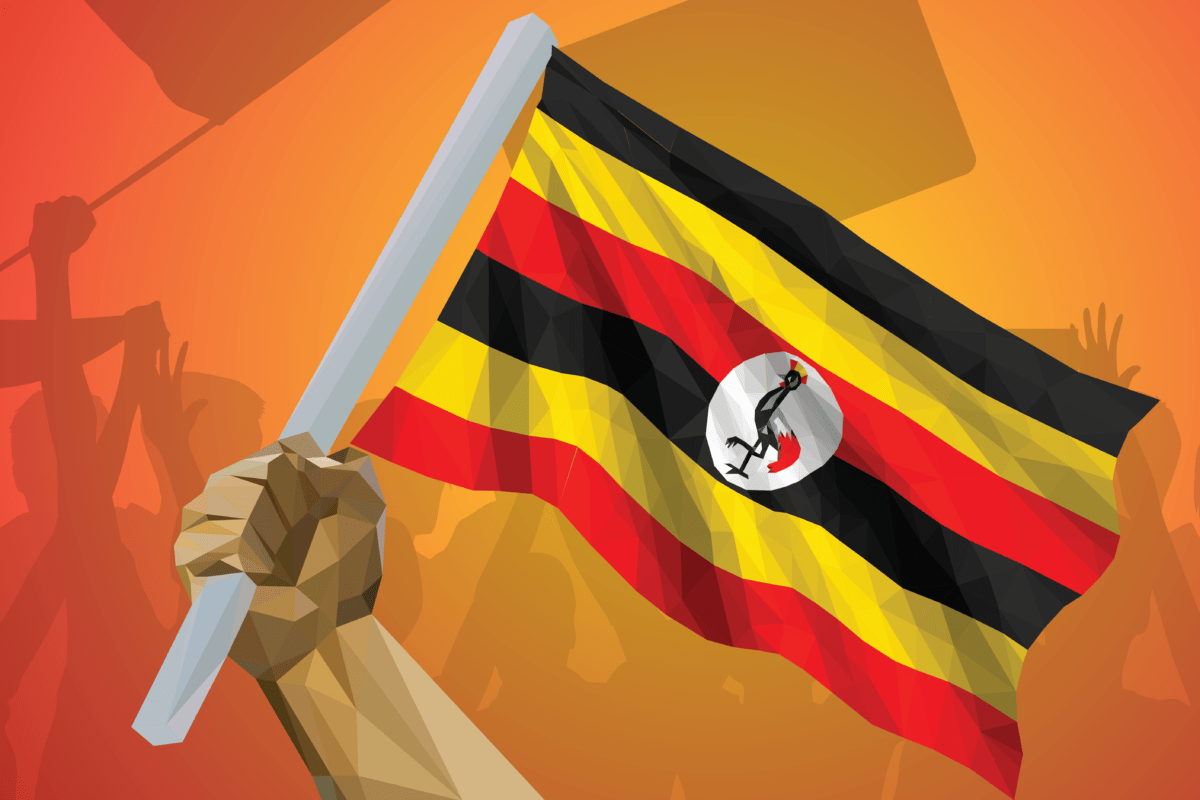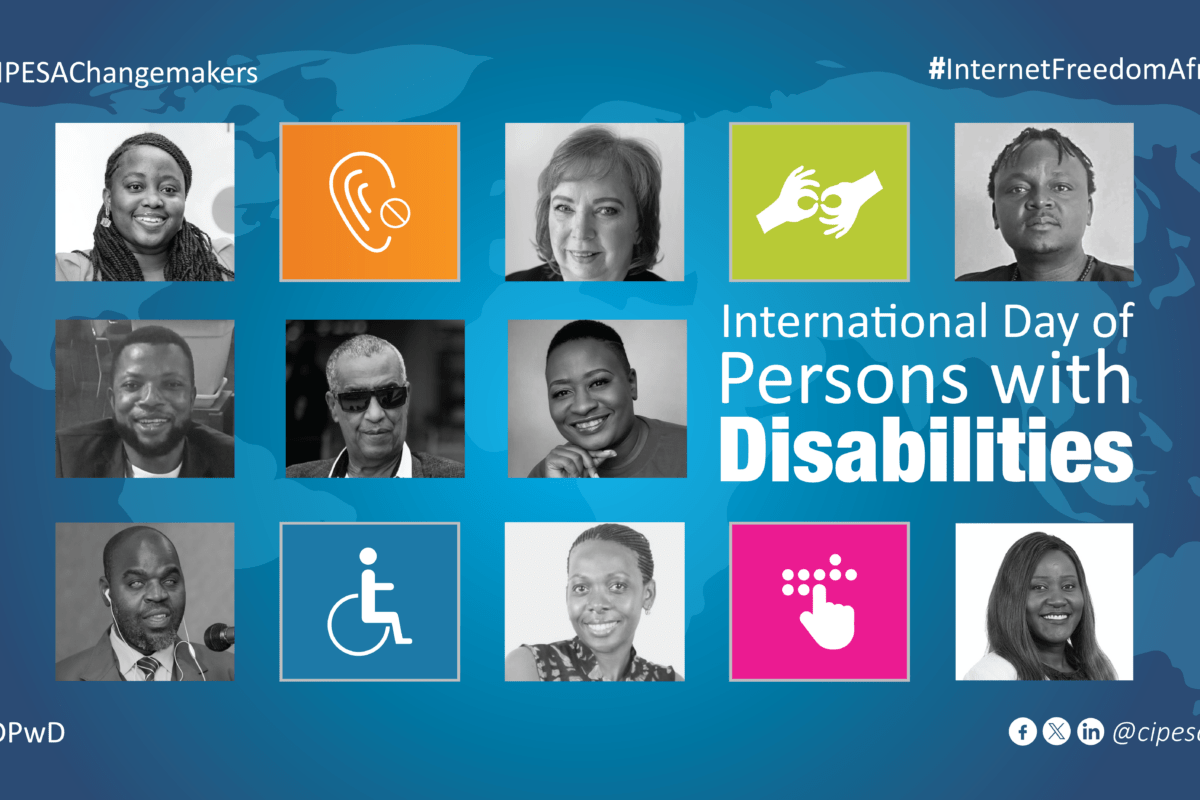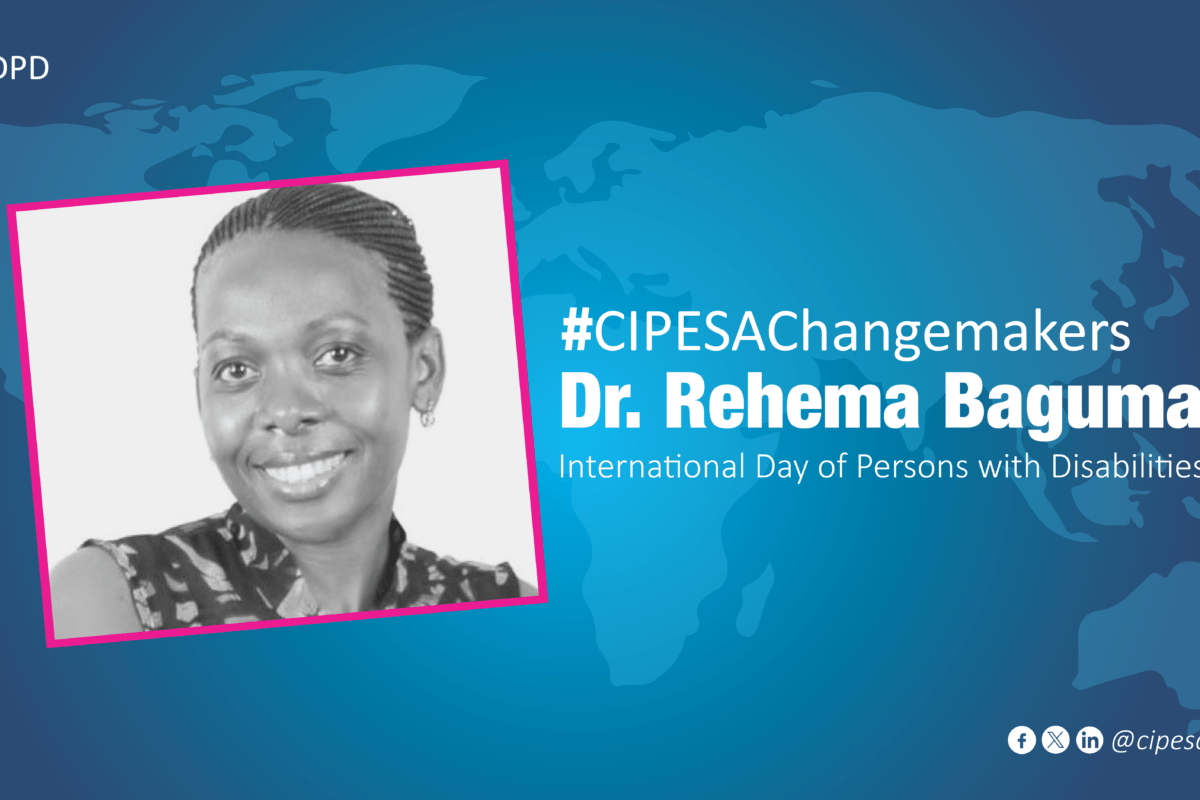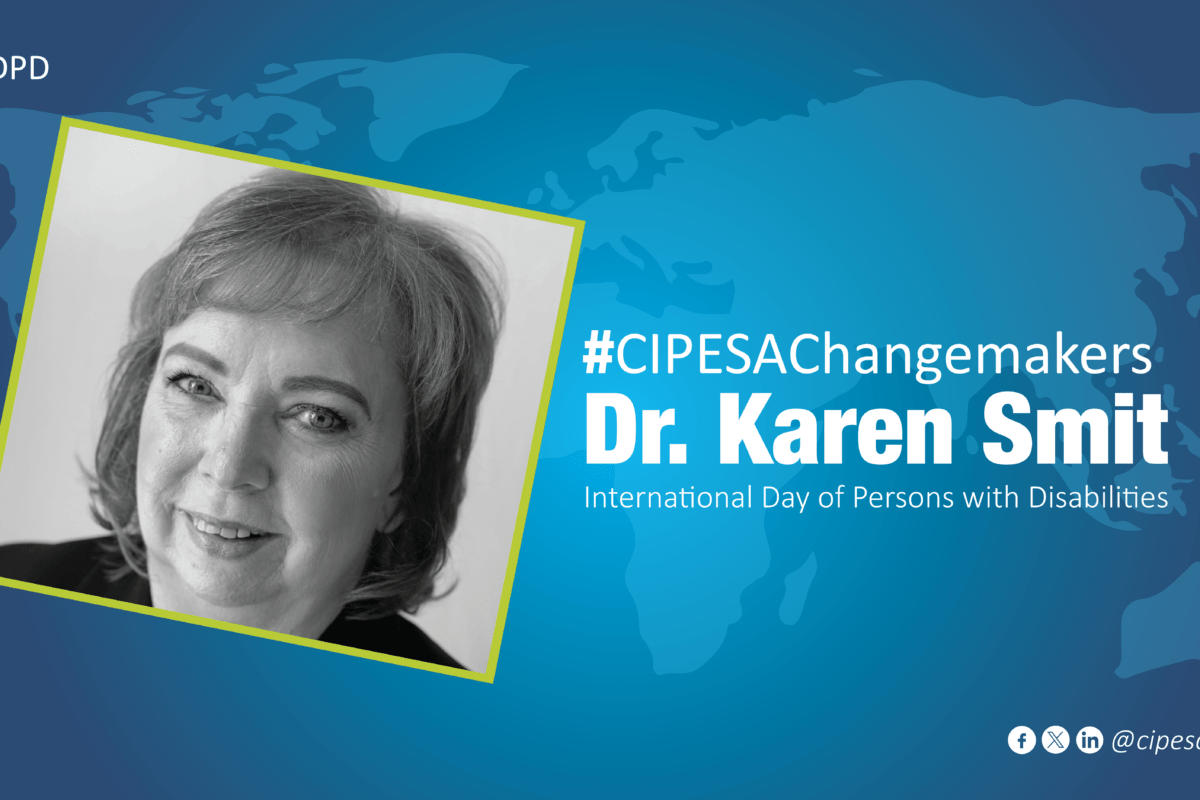By Juliet Nanfuka |
After nearly five days without public internet access, connectivity in Uganda has been partially restored. On January 13, 2026, the government ordered internet service providers to block public access to the internet, with partial access being reinstated late at night on January 17, 2026. Social media and messaging platforms remain restricted as of January 19, 2026. Officials said the move was aimed at curbing the spread of online misinformation, electoral fraud, and incitement to violence in the lead-up to the polls. The order also halted the sale and registration of new SIM cards and blocked outbound data roaming services to One Network Area countries. Some essential services including healthcare systems at national referral hospitals, financial services including core banking and interbank systems, immigration and electoral commission secure portals, utilities management, and aviation and railway control systems were to remain accessible according to the directive. Thus, the country went to the polls in the midst of a “digital darkness”. The controversial election has seen Yoweri Museveni extend his 40 year rule by another five years following the announcement of his win.
Various human rights groups and election monitoring groups, including the Collaboration on International ICT Policy for East and Southern Africa (CIPESA), African Commission on Human and Peoples’ Rights, African Freedom of Expression Exchange (AFEX), Access Now, Human Rights Watch and the UN Human Rights Office of the High Commissioner documented the shutdown and challenged the government’s position on blocking access to the internet. They argue that access to information and freedom of expression are especially critical during elections and that the blanket shutdown undermined election transparency and accountability.
While the restoration of internet access brings an end to the total blackout, it leaves behind pressing questions about the cost of restricting access to the internet during democratic processes and what such measures mean for civic participation, transparency, and accountability in Uganda.
The evolution of internet shutdowns during elections in Uganda reveals a pattern of escalation. During the 2016 elections, authorities limited restrictions to primarily social media platforms over four days during elections and again during the presidential inauguration. In 2021, initial block of social media platforms were followed by a complete internet shutdown which saw access to digital communication affected for a total of five days. This month’s polls witnessed a complete shutdown from just before the onset of the elections, reflecting the control of state power over digital infrastructure.
Prior to the shutdown, the services of satellite internet provider Starlink, which operates independently of terrestrial networks, were halted in Uganda after a regulatory directive, rendering all Starlink terminals inactive ahead of polling day. Starlink was providing services without a valid local license. Critics argued that the directive served to limit alternatives for connectivity in the event of broader restrictions, feeding anxieties about reduced access to independent channels of information.
Away from restrictions to online connectivity, state power has also been reflected in the tight control over media narratives, undermining its watchdog role. This has been witnessed through restricting the live broadcast of “riots, unlawful processions, or violent incidents” and the barring of journalists from the privately owned Nation Media Group-Uganda from covering Museveni’s campaign and events since March 2025, in addition to denying them access to parliament since October 2025. Meanwhile, there were various assaults and the intimidation of journalists in an effort to “silence scrutiny of public affairs”.
The electoral process itself has been marred by controversy including queries on the failure of the Biometric Voter Verification Kits (BVVKs) on voting day resulting in voter apathy and delays. The Electoral Commission’s spokesperson acknowledged that some aspects of the BVVK such as voter verification did require internet access to function. The contingency measure provided was the manual verification of voters at polling stations. The state made a total investment of approximately 469.5 billion Uganda Shillings (UGX) (USD 131.9 million) in December 2025 to support what was considered critical preparatory activities for the just concluded general election. Of this investment, at least UGX 53.8 billion (USD 15.1 million) was dedicated to the BVVK.
Further, the earlier suspension of various non-governmental organisations and the arrest and intimation of various state critics including Dr. Saarah Bireete on charges of unlawful access to voters’ register data, and Dr. Kizza Besigye on charges of treason, reflected a narrowed democratic space in the lead up to and during the election. These actions were often accompanied by announcements of protecting national security, managing disinformation, and maintaining public order.
The internet shutdown also affected daily livelihoods of millions of ordinary people within Uganda as it severed access to basic online interactions including checking up on friends and family. It also affected formal and informal sector transactions through mobile money, digital marketplaces, and online channels that traders, boda boda riders, market vendors, gig workers, freelancers, and small-scale entrepreneurs use to conduct commerce, advertise and deliver services. In many cases, these workers were forced to revert to cash-based transactions, exposing them to heightened insecurity, loss of business, and reduced earnings. For others, such as ride hailing applications, online purchases and delivery sections, economic activity stalled altogether.
News reports state that many actors in the financial sector remained tight lipped about their possible losses following the shutdown. According to the Uganda Revenue Authority, the state lost income due to the internet shutdown affecting revenue collections – the deadline for filing monthly tax returns fell within the shutdown on January 15. The landlocked country further lost tax revenue clearance costs paid in by trucks at the various border points while tourism was also affected. The shutdown also affected mobile money services upon which millions of Uganda’s informal sector rely on. Cash withdrawals using the service were also blocked.
The events surrounding Uganda’s internet shutdown highlight the tension between the state, media, civil society, and the rights of citizens at critical moments such as elections. This tension also affects access to information, freedom of expression and the tenets of digital democracy. It undermines accountability and transparency in democratic processes paving the way for abuse, violations and impunity. Ultimately, internet shutdowns raise questions about whether such measures are necessary or proportionate particularly at a time when digital platforms have become the basis of livelihoods, civic engagement and basic services for millions of people who engage directly online and at the periphery of digital access, including those who are not online, digitally savvy or even have the devices to access the digital society.
Uganda’s case is not isolated as the country joins numerous others who in recent months have ordered shutdowns around election periods, protests, and national exams, when authorities perceive digital communication as a threat to public order. In the last 12 months, internet shutdowns have been seen across the continent including during elections in Tanzania and Cameroon, conflict in eastern Democratic Republic of the Congo, a military coup in Guinea-Bissau, and environmental protests in Equatorial Guinea’s Annobón island.

